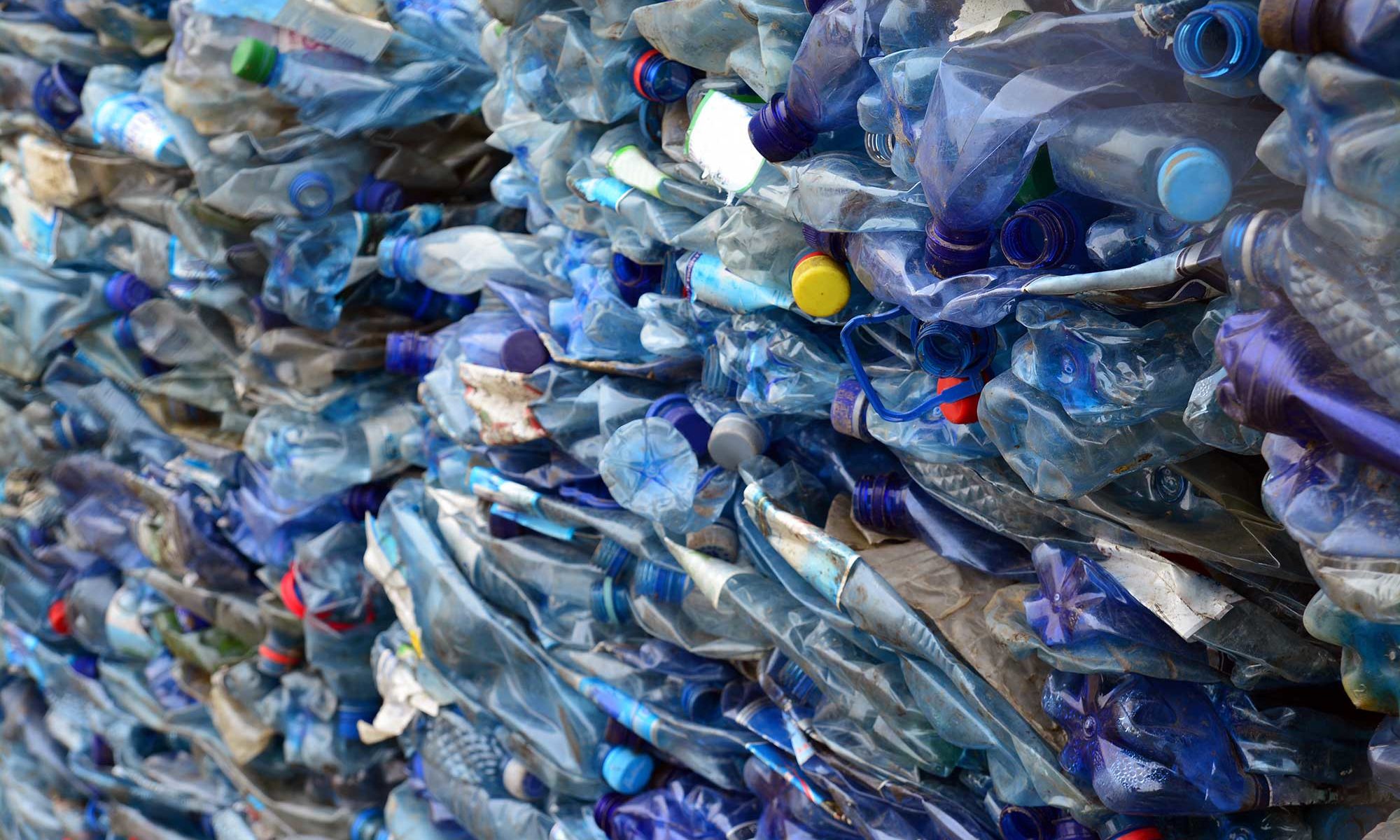The new enzyme was revealed in research published in the journal Nature. The scientists screened 100,000 micro-organisms for promising candidates, including leaf-branche compost cutinase (LCC), which was first discovered in 2012. “It had been completely forgotten, but it turned out to be the best,” said Professor Alain Marty of the Toulouse University (France), the chief science officer at Carbios.
The enzyme was mutated to improve its ability to break down PET plastic into monomers which can be used to create new food-grade plastic bottles. It was made stable at 72C, close to the perfect temperature for fast degradation.
Highly efficient
The capabilities of the enzyme were demonstrated by breaking down a tonne of waste plastic bottles. They were 90% degraded within 10 hours, with a productivity of 16.7 grams of terephthalate per litre per hour (200g per kilogram of PET suspension, with an enzyme concentration of 3mg per gram of PET). This highly efficient, optimized enzyme outperforms all PET hydrolases reported earlier.
Carbios is aiming for industrial-scale recycling within five years, with the help of investors like Pepsi, Nestlé and L’Oréal. The enzyme will be produced at scale by the biotechnology company Novozymes. The cost will be just 4% of the cost of virgin plastic made from oil.
Scientists are also making progress in finding biological ways to break down other major types of plastic. In March, German researchers revealed a bug that breaks down toxic polyurethane, while earlier work has shown that wax moth larvae (fish bait) eats up polythene bags.
Image: bogdan ionescu/Shutterstock



